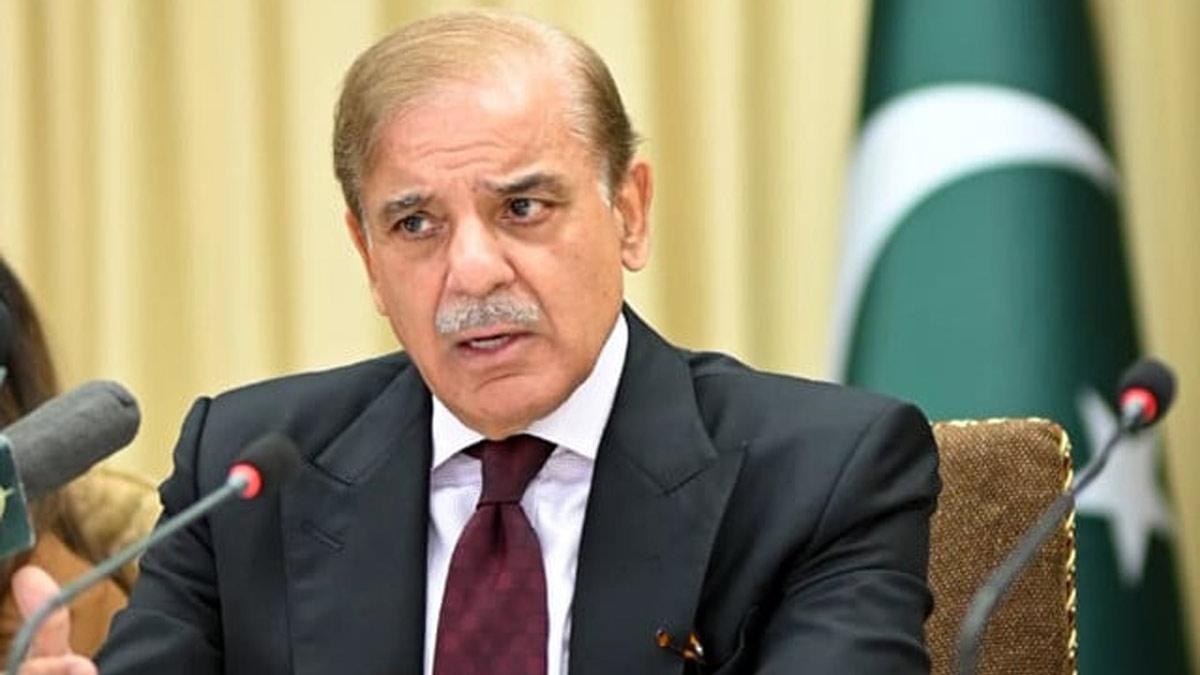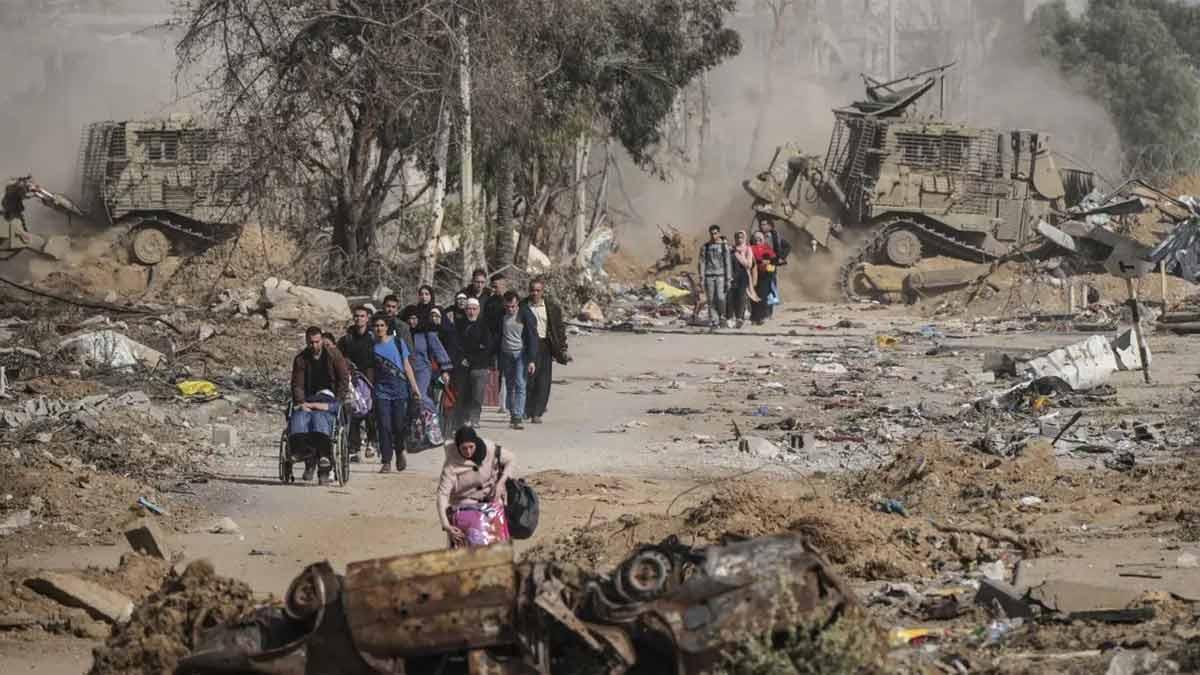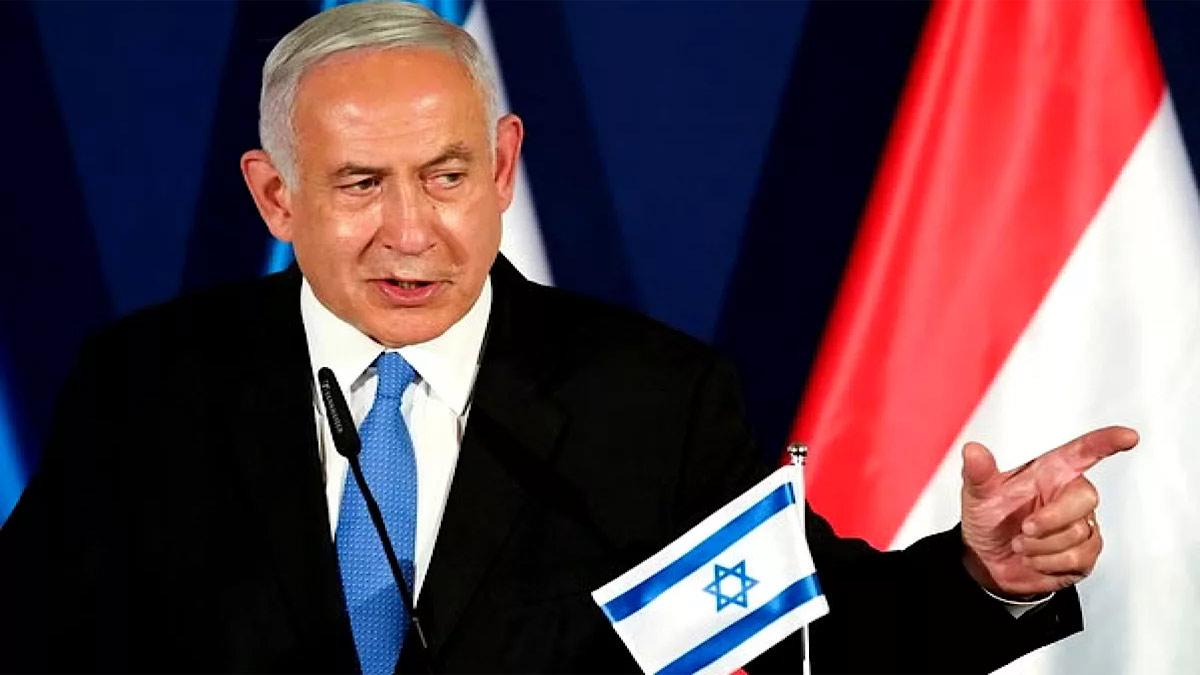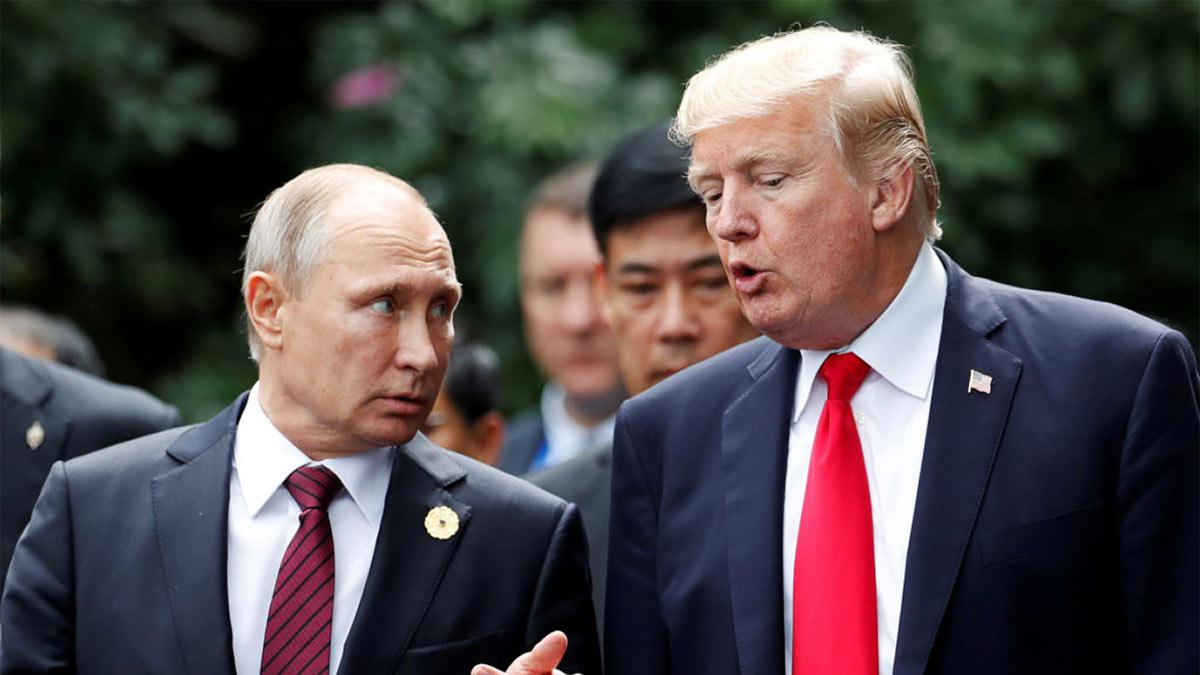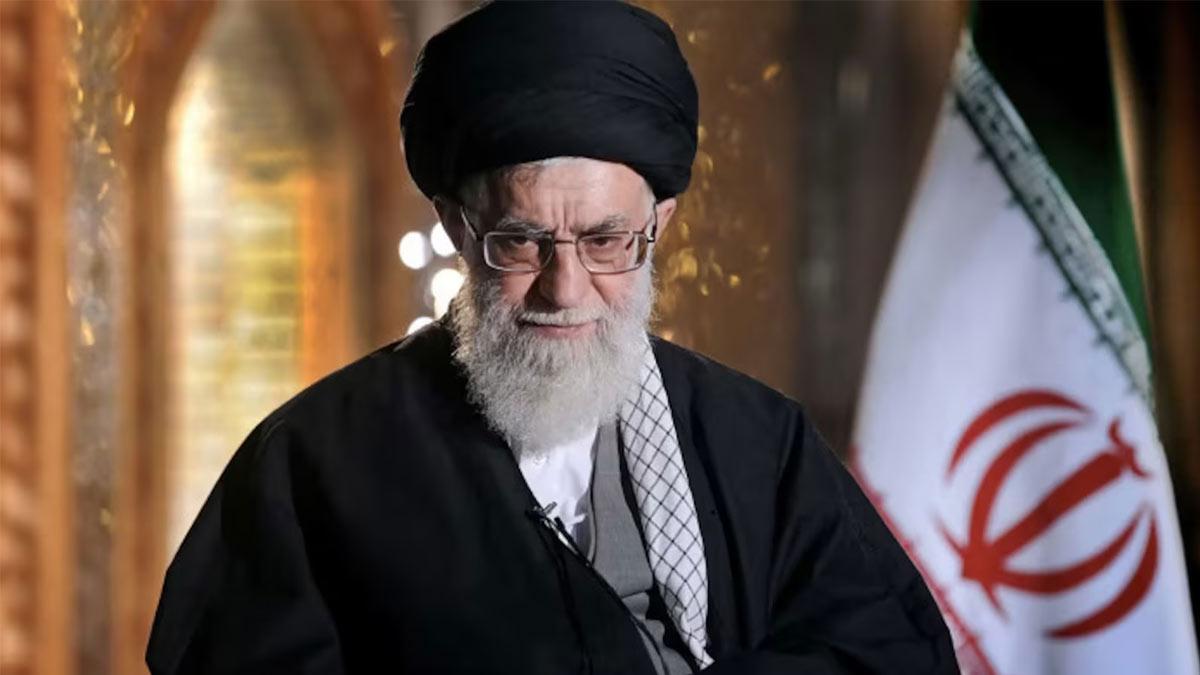In reply to India's aggressive attack against terror enclaves in Pakistan and Pakistan-occupied Kashmir (PoK), Pakistan Prime Minister Shehbaz Sharif has announced his nation's determination to strike back.
As part of "Operation Sindoor," Indian troops conducted targeted attacks on nine major terror facilities, including sites linked to prominent terror commanders Maulana Masood Azhar and Hafiz Saeed.
Replied to the attacks in a national broadcast on Wednesday, Sharif announced Pakistan's determination to retaliate effectively.
Pakistan will exact revenge. We will push this war to its conclusion. My Pakistani nation, for your protection, our military and our nation -- we will remain together. Pakistan is worst hit by terrorism," Sharif declared.
Pakistan's National Security Committee supported this position, empowering the military to retaliate "at a time, place, and manner of its choice" after the Indian attack.
Meanwhile, earlier in the day, Pakistan Defence Minister Khawaja Asif hinted at releasing tensions in return for India withdrawing its aggressive stance.
"If India is willing to back down, we will surely conclude this tension," Asif added.
Asif, in a recent interview with Sky News, made a shocking concession, admitting that Pakistan was involved in backing militants, but partly blamed Cold War-era Western alliances in Afghanistan.
“We have been doing this dirty work for the US for the past three decades, including the West and the United Kingdom,” he admitted, although he did not indicate any Western endorsement of attacks targeting India.
India launched the strikes in retaliation for the April 22 terror attack on Pahalgam, Jammu and Kashmir, which killed 26 people, including a Nepali citizen. The Resistance Front, which is linked to Pakistan-based Lashkar-e-Taiba, took responsibility for the attack.
Wednesday's synchronized attack by the Indian Army, Air Force, and Navy struck multiple high-value targets deep within Pakistan. They comprised the Masjid SubhanAllah in Ahmedpur Sharqia, Bahawalpur—said to be the abode of Jaish-e-Mohammed chief Masood Azhar.
Other targets included units in Muridke—said to be Lashkar-e-Taiba and Jamaat-ud-Dawa chief Hafiz Saeed's bastion—terror camps in Muzaffarabad, Kotli, and Bagh.
India highlighted that Operation Sindoor was a cautious and measured counter-terrorism effort, specifically conceived to neutralize threats without involving civilian or military infrastructure.
Read also| Pakistan Notifies UNSC, Asserts Right to Respond to Operation Sindoor
Read also| India to drop tariffs to ‘nothing’, says Donald Trump

